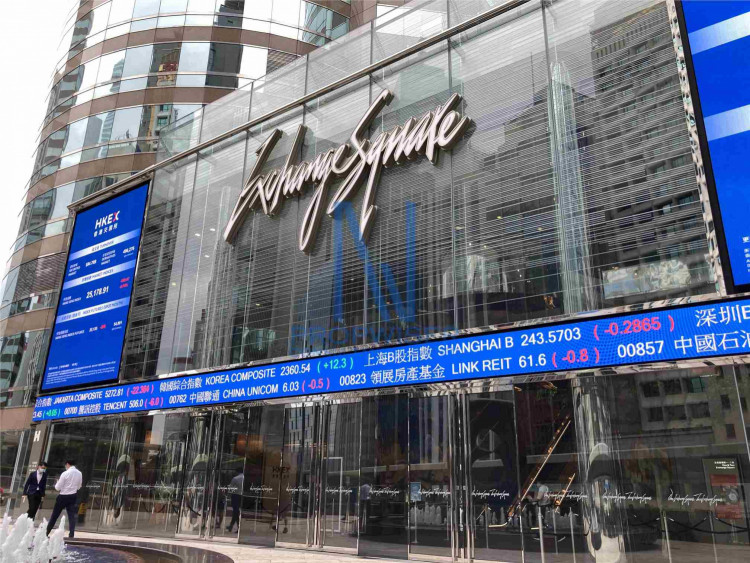Hang Seng Indexes Co. Ltd. announced Tuesday changes to increase the number of constituent stocks on the Hang Seng Index following a December consultation to improve the benchmark.
By 2022 the index aims to have 80 constituents with an end goal of 100. Results of the consultation include increasing the number of stocks on the index, lowering the weight cap and reducing history requirements.
This will improve representation, an index and hedge fund investment specialist told Business Times.
"The new enhancements to the index will...make the index more balanced and diversified," Hang Seng Indexes chief executive Anita Mo said. The company is seeking to ensure the index retains its position as "the most important benchmark of the Hong Kong stock market."
The HSI currently has 52 constituent stocks, the highest number since the benchmark launched by Hang Seng Bank in 1969 with 33 stocks before expanding to 38 in 2006.
In a survey conducted by the Hang Seng Indexes more than 80% of respondents said they supported an expanded index.
Listing requirements will be loosened from two years to three months to facilitate new listings - though the consultation advised removing the requirement altogether.
Meanwhile, a new 8% cap on the weighting of stocks - a 2% decrease from the current limit - will force insurer AIA Group and social media company Tencent Holdings Ltd. to reduce their weightings while newer mainland corporate stocks like Alibaba will increase.
There will be at least 20 Hong Kong companies among the constituents, the indexes company said. This will ensure their numbers don't dwindle as more mainland businesses are added.
To achieve "a more balanced representation of the Hong Kong stock market" according to the company, constituent stocks will also be grouped into seven industry categories with the aim of having at least 50% market cap coverage in each group.
The categories are: financials; information technology; consumer discretionary and consumer staples; properties and construction; utilities and telecommunications; health care; and energy, materials, industrial and conglomerates.
China technology companies are seen as beneficiaries of one of the biggest-ever revamps for Hong Kong's benchmark Hang Seng Index.
"Alibaba is one of the beneficiaries from the HSI reform, but many investors are still worried about the political risk facing it given uncertainty over Ant Group's restructuring and initial public offering schedule," said Steven Leung, UOB Kay Hian (Hong Kong) executive director. "Investors may choose peers such as JD.Com, which has less political risk and faster earnings growth."
Goldman Sachs Group Inc. expects passive funds tracking the gauge to grow to $25 billion from the current $20 billion, "providing scope to bring additional inflows to all the index constituents."
A more diversified membership and a higher weight of new-economy stocks will help the index performance as a whole, according to fund managers. "As more new-economy firms join, the index is likely to test the level of 40,000 in the future," said Paul Pong, managing director at Pegasus Fund Managers Ltd.
"The biggest losers probably would be in the finance or banking sectors, as they are the heaviest constituent stocks on the Hang Seng index now," said Edison Pun, senior market analyst at Saxo Markets Hong Kong. "With the adjustment, their importance would be greatly reduced."
Hang Seng Indexes is a private company in Hong Kong and wholly owned by Hang Seng Bank Ltd. It was established in 1984 and is the main provider of stock market indexes in Hong Kong and mainland China's Shanghai and Shenzhen.
At present the Hong Kong is home to the world's fifth most valuable indexes combined by market capitalization with approximately $4.48 trillion. The New York Stock Exchange is tops with $28.19 trillion - more than twice its nearest competitor the Nasdaq. Japan Exchange and Shanghai make up the top four.




